Exploring the Versatility of 5mm Solar Cells
The realm of renewable energy is ever-expanding, and at the forefront of this growth is the 5mm solar cell. This product category encompasses a variety of solar cell technologies designed to convert sunlight into electrical energy with a focus on compactness and efficiency. The 5mm thickness of these cells makes them a popular choice for applications where space is at a premium, yet energy requirements are uncompromising.
Types and Applications of 5mm Solar Cells
Solar cells, particularly those measuring 5mm, come in several types, each with unique applications. Monocrystalline silicon cells are known for their high efficiency and are often used in solar systems where space is limited. Polycrystalline silicon cells offer a balance between cost and performance, making them suitable for commercial applications. Amorphous silicon cells, with their flexible properties, are ideal for foldable solar panel designs. These thin-film solar cells are versatile, catering to both stationary and portable solar solutions.
Features and Materials
The construction of 5mm solar cells involves advanced materials that enable them to perform efficiently. Monocrystalline cells are crafted from a single crystal structure, which allows for optimal electron movement, thereby increasing efficiency. Polycrystalline cells are made from multiple crystal fragments, which are easier to produce and thus more cost-effective. Amorphous silicon cells use a non-crystalline form of silicon, allowing them to be more flexible and lightweight. These materials contribute to the cells' robustness and longevity, making them a reliable source of energy.
Advantages of 5mm Solar Cell Technology
The advantages of 5mm solar cell technology are numerous. Their slim profile allows for integration into a variety of solar products, from portable solar chargers to building-integrated photovoltaics (BIPV). Despite their size, these cells do not compromise on power output, making them an efficient choice for those seeking to maximize their energy harvest from limited spaces. Additionally, the versatility in material choice allows for customization based on specific application needs, whether it be for residential, commercial, or industrial solar systems.
Environmental Impact and Sustainability
Adopting 5mm solar cell technology not only provides energy solutions but also contributes positively to environmental sustainability. These cells play a crucial role in reducing carbon footprints by harnessing clean, renewable energy. Their thin design minimizes the use of materials, further lessening the environmental impact. As a result, they are an excellent choice for eco-conscious businesses and individuals looking to invest in sustainable energy technologies.
In conclusion, the 5mm solar cell category offers a diverse range of solutions for those looking to harness solar energy efficiently. With advancements in materials and manufacturing processes, these cells continue to evolve, providing tailored solutions for various applications while supporting environmental sustainability.
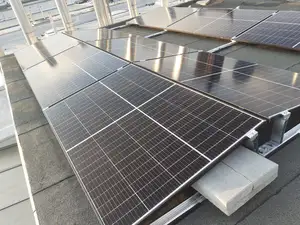





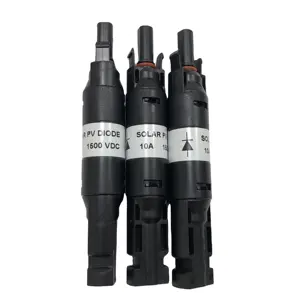

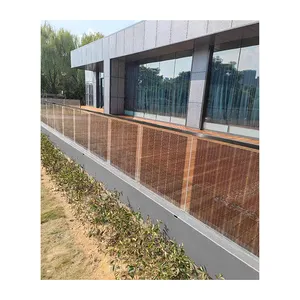



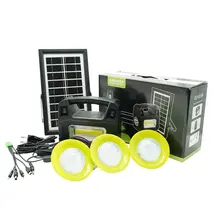

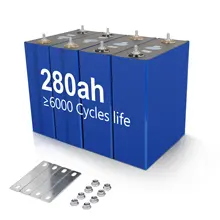


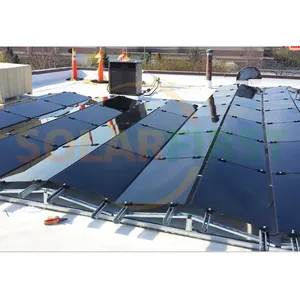
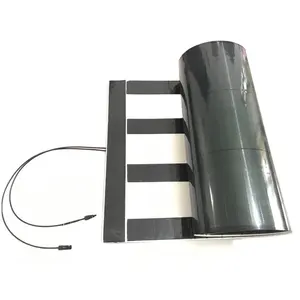
















 浙公网安备 33010002000092号
浙公网安备 33010002000092号 浙B2-20120091-4
浙B2-20120091-4